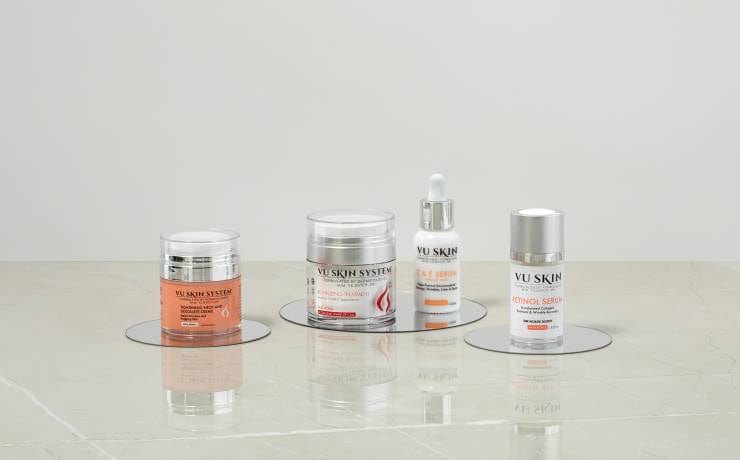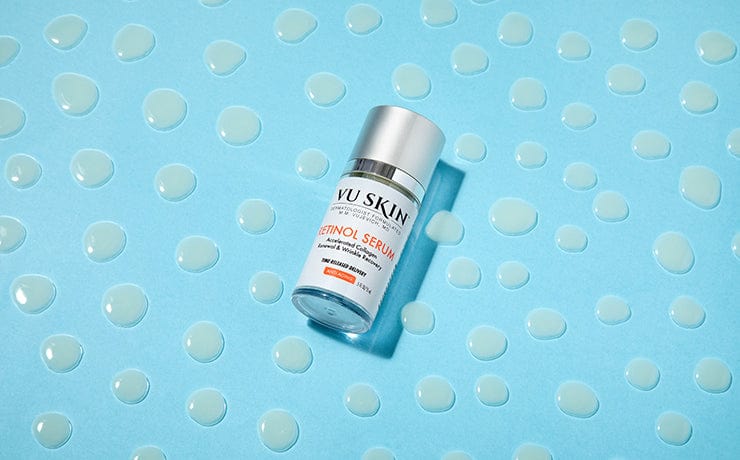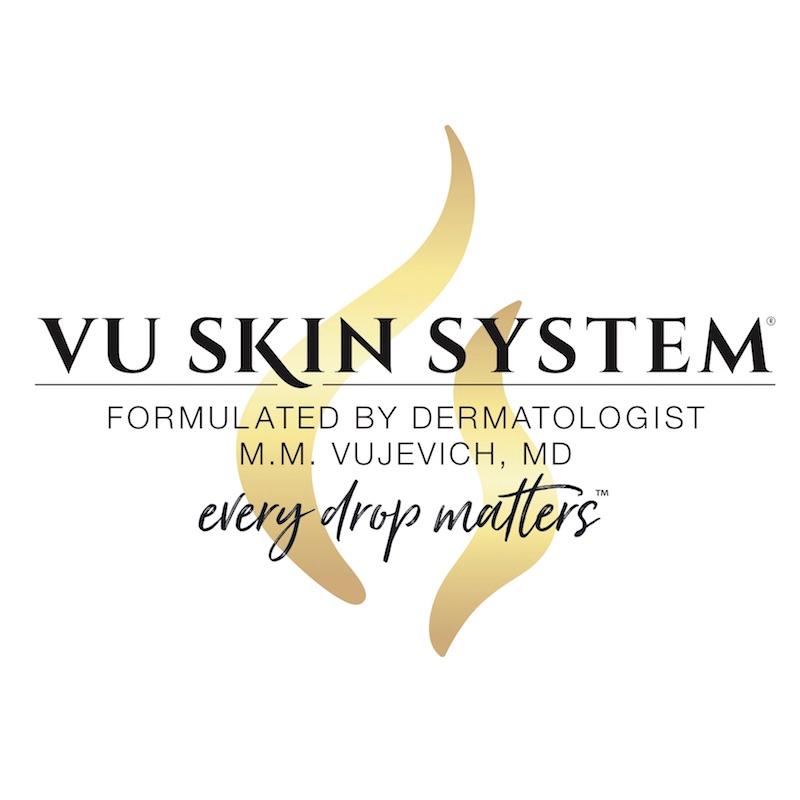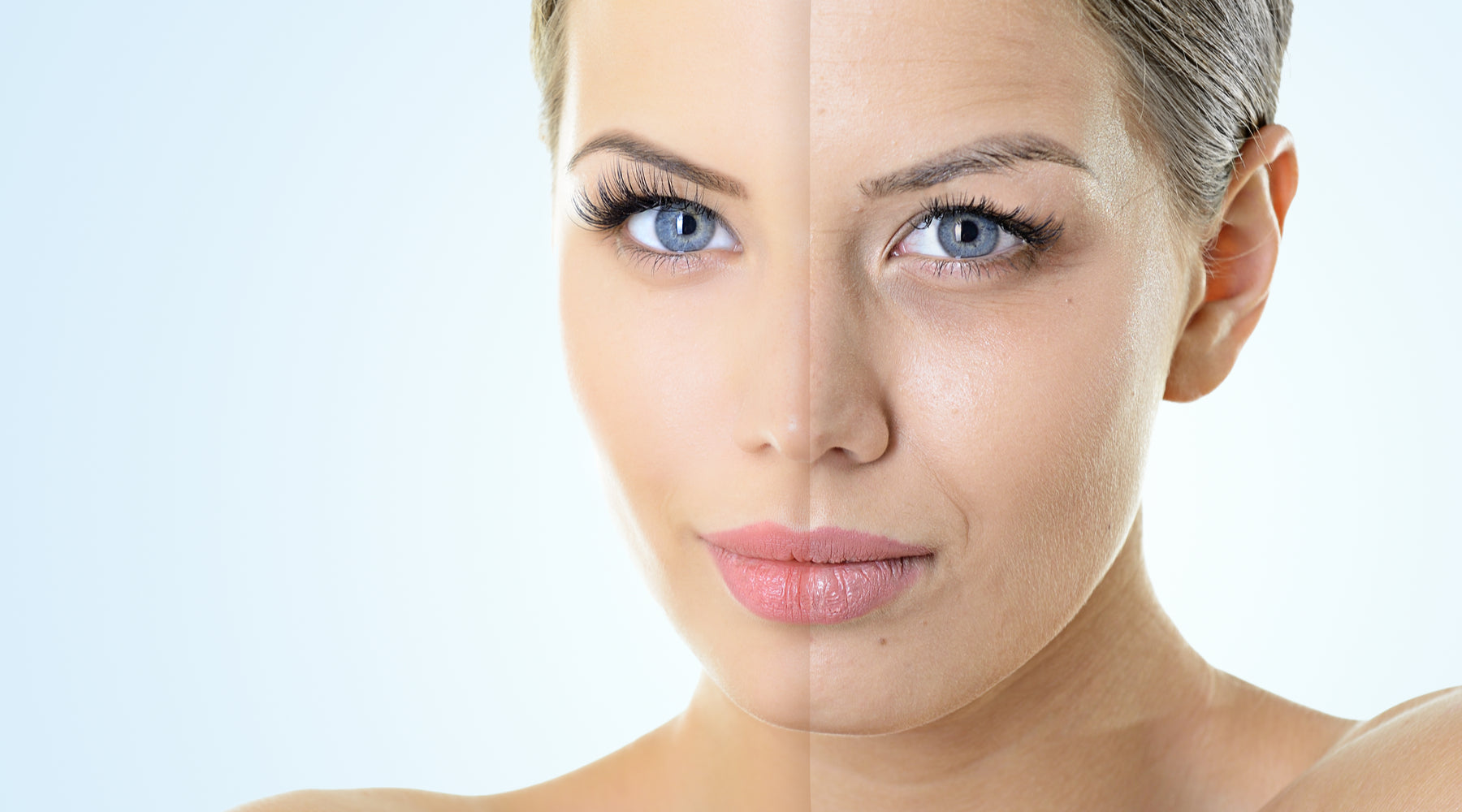
Is Organic Really Better?
Are “All-Natural” or “Organic” skin care products superior or safer than skincare products that do NOT make these claims?
Many people passionately believe that all-natural or organic skincare products are better for the skin, but the truth is that this belief has no factual basis or scientific legitimacy. The surprising fact: There are lots of natural, organic ingredients that are bad for skin! Many of them are lurking in products claiming to be better or safer because they’re natural or organic.
People often relate "leafy greens" and "chemical-free" with quality and safety of products and higher levels of effectiveness. While buying organic might be great for your groceries, when it comes to skin care the same rules don't necessarily apply. It doesn't necessarily mean better when it comes to caring for your skin.
Let’s Talk Chemicals!
When you hear the word “chemical,” do you first think “toxin?” If a product says it is "all-natural" on the label, does that mean it doesn’t contain any synthetic chemicals at all? As long as it’s a chemical, that means it’s toxic and bad for you, right?
Did you know that fruits and vegetables are full of naturally occurring toxins? It’s the dose that makes them toxic. Too much of a good thing is not so good for us.
Example: Too much Vitamin A can be harmful and can cause itchy, dry skin. Conversely, just because an ingredient is synthetic doesn't make it a problem for skin.
There needs to be a balance
MYTH: SYNTHETIC INGREDIENTS ARE BAD FOR YOU.
Truth: Synthetic does not mean "un-natural," it simply means that the ingredient was created to mirror its original benefit.
Many synthetic ingredients are based on natural compounds, but by synthesizing them in a lab they can sometimes be made more effective, as well as having a consistent composition e.g. they are exactly the same, every time.
As synthetic (human-made) ingredients are consistent in their composition, they are less likely to cause a reaction or sensitivity. Encouraging the belief that because Mother Earth made it, it must be pure and safe is simply NOT always true. There are plenty of examples of natural compounds that are toxic, just as there are plenty of synthetic compounds that are toxic. ALL-Natural doesn't necessarily mean better or safer. Similarly, the belief that no preservatives equates to safer or better is equally untrue. Failure to include the correct preservatives can lead to the product going 'off' much quicker, making it less effective and potentially unsafe to use.
There is also the misconception that ingredients with long, complicated names are bad for you, is not always the true story.
Example: Ascorbyl Glucoside sounds very scientific, but is actually stabilized, natural Vitamin C.
Dr. Marion Vujevich, MD, FAAD has spent his life helping people heal and explains that a quality ingredient must have evidence-based medicine: “I look for things that have clinical data about safety and efficacy. Ingredients must have the power to produce a desired effect. People often think that products that all natural are better, but I don't agree. Tobacco is natural. Marijuana is natural, but I'm not advocating for those in a skin care product.”
In today’s sophisticated, high-tech world of cosmetic chemistry and product formulating, combined with ultra-strict safety testing and quality control, mean that any contaminating agents from the raw materials would be discarded in the production process.
100 percent organic products simply can’t deliver the results consumers are seeking, especially when it comes to advancements in aging skincare. “Efficacious ingredients such as synthesized peptides, vitamins and the like, are not found in organic or all-natural products” says Dr. Vujevich. “Compare any age-fighting organic or all-natural skincare product to one that uses a blend of natural and laboratory-derived ingredients and there is no comparison in the desired result.”







Leave a comment
This site is protected by hCaptcha and the hCaptcha Privacy Policy and Terms of Service apply.